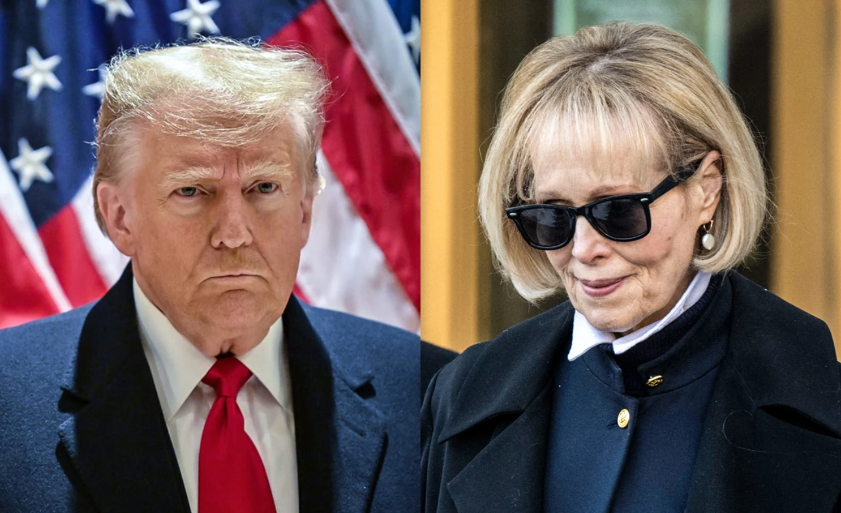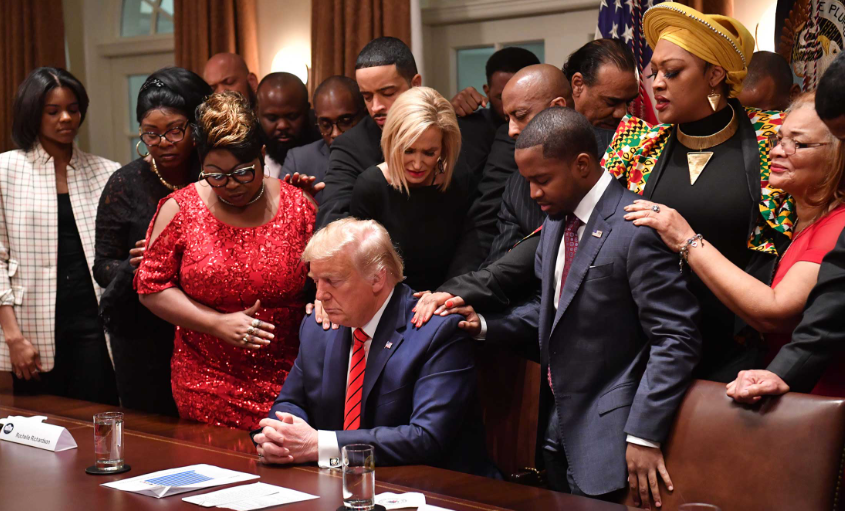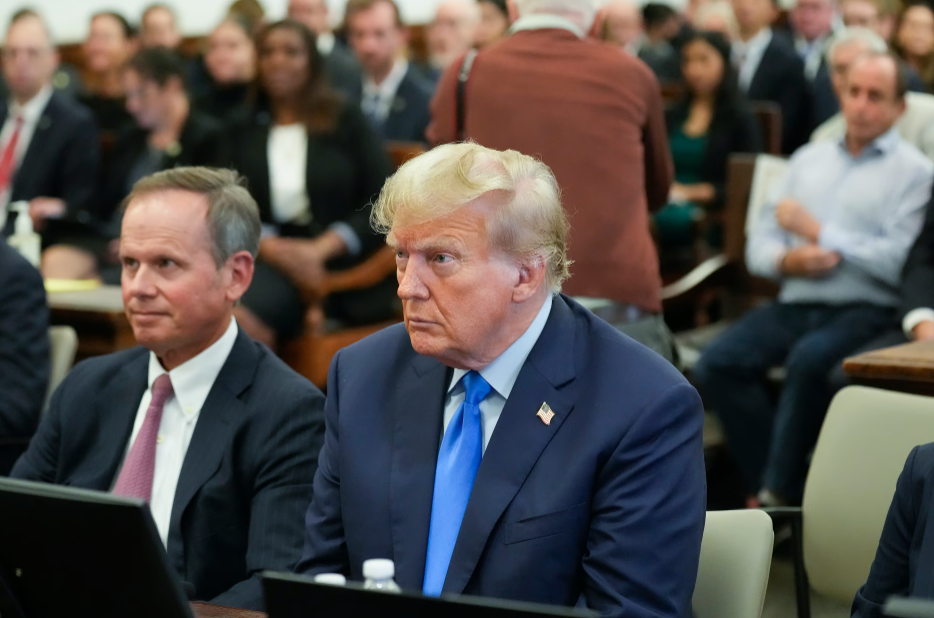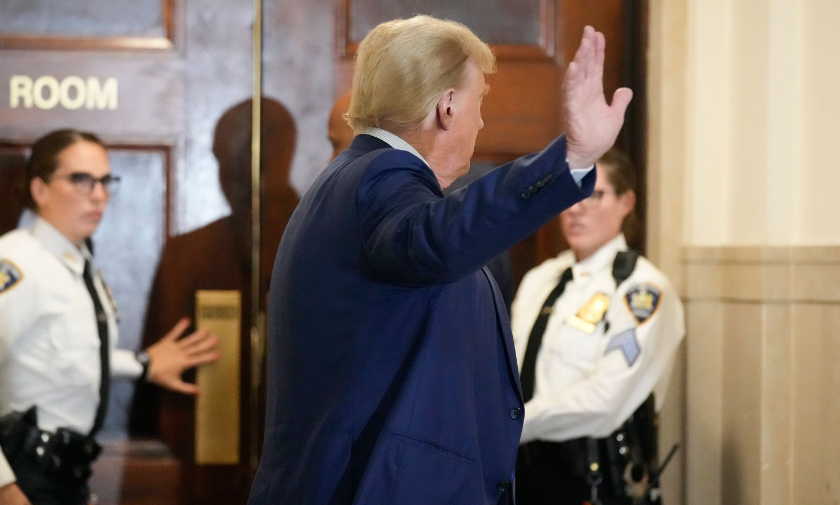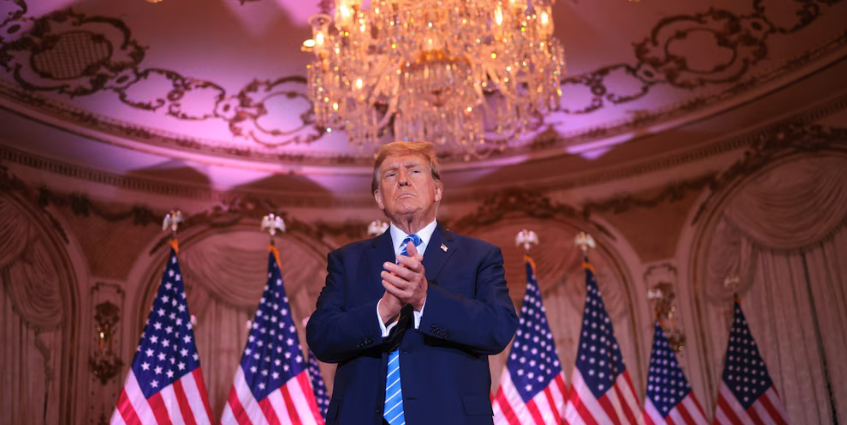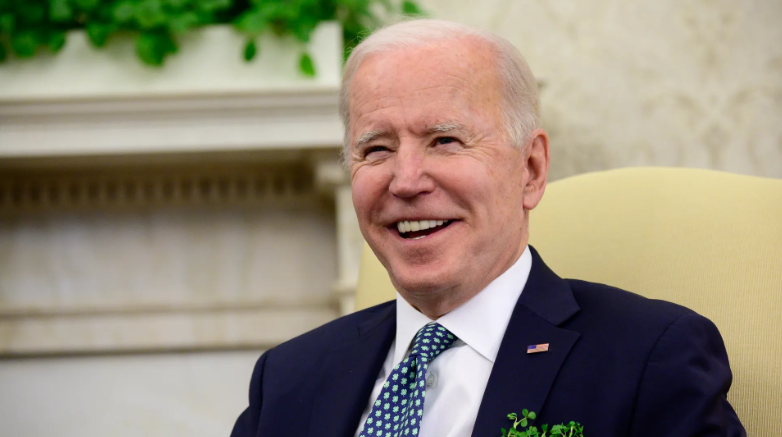
In a high-stakes telephone conversation on Tuesday, President Joe Biden and China’s President Xi Jinping clashed over the contentious issue of the United States’ move to limit high technology exports to China. This pivotal dialogue underscored the fragile equilibrium of U.S.-China relations amidst ongoing concerns over national security, trade, and technological supremacy.
The U.S. stands firm on its decision to restrict certain technology exports, a move Biden explained is essential to safeguard American national security interests. He emphasized the balance between preventing the misuse of advanced U.S. technologies and maintaining healthy trade and investment flows. On the other side, President Xi portrayed these restrictions as suppressive tactics aimed at hindering China’s trade and technological progress, warning against the potential risks these measures pose to bilateral relations. Xi’s stance was clear: China will not passively watch as these restrictions unfold, indicating a readiness to respond.
This telephonic exchange, marking the sixth since Biden’s inauguration, was more than a discussion on technological disputes. It spanned a variety of critical areas including military communications, artificial intelligence talks, counter-narcotics efforts, climate change initiatives, and fostering people-to-people exchanges. The conversation reflects a broader narrative of striving for stability in a relationship marred by recent tensions, including surveillance balloon incidents, the Taiwan Strait’s security, and the South China Sea’s geopolitical dynamics.
A particularly sensitive topic addressed by Biden was the potential interference by China in the upcoming U.S. presidential elections. While specific details of Xi’s response were not disclosed, the White House underscored Biden’s firm stance against any form of electoral meddling.
This call sets the stage for a series of high-level engagements between the two nations, signaling a cautious yet calculated attempt to thaw the ice that has formed over bilateral ties. Upcoming visits by prominent U.S. officials such as Treasury Secretary Janet Yellen and Secretary of State Antony Blinken to Beijing signify a concerted effort to navigate through the complexities of U.S.-China relations.
Moreover, the leaders agreed on the importance of direct communication at the highest levels to navigate the intricate dynamics of U.S.-China interactions. They also touched upon critical issues such as cyber security threats attributed to China-linked hackers and the pressing need for stability across the Taiwan Strait and in the South China Sea.
The discussions underscore a mutual understanding of the challenges ahead and a recognition of the intricate dance of diplomacy required to address them. The possibility of a third in-person summit by the end of 2024 remains open, reflecting a cautious optimism for the future of U.S.-China relations. As the world watches, the dialogue between Biden and Xi remains a critical barometer of the evolving geopolitical landscape, where technology, trade, and security intersect in complex and unpredictable ways.

